This post forms part of a series. To read the first two installments, please see
Many authors, one of whom edits The Tactical Notebook, have described Auftragstaktik as an artifact of the great reform that followed the defeat of Prussia at the hands of Napoleon in 1806 and 1807, and, in particular, as the handiwork of the architects of that recovery, such as the avatar of this newsletter, Gerhard von Scharnhorst. Franz Uhle-Wettler offers a different explanation. To him, the rise of Auftragstaktik owes less to the work of ‘enlightened soldiers’, the introduction of a new philosophy, or the effects of a grand disaster than to a pair of traditions with deep roots in the eighteenth century.
What is Auftragstaktik? And Can We Revive It?
Franz Uhle-Wettler
(Continued)
Four Contemporaries Assess Auftragstaktik
In the first half of the nineteenth century, the two traditions that had distinguished Prussia in the years of the ‘soldier kings’ - extraordinary devotion to duty and an unusual degree of respect for the dignity of subordinates - had evolved into a particular approach to command, one with such deep roots in the culture of both the army and the state that no one bothered to give it a name. The absence of a specific designation, however, did not prevent thoughtful contemporaries from noticing the differences that separated that practice from the customs of other European armies of the age of steam.
In 1860, Prince Frederick Charles, a nephew of King Frederick William IV who had served in the Prussian Army for thirteen years, wrote:1
It seems that among the Prussian officers developed an unusual feeling of independence towards superiors and a readiness to accept responsibility as can be found in no other army. The Prussian officers would not suffer restrictions by rules and regulations as are customary in Russia, Austria, England. With our officers we could not fight a ’defensive battle according to regulations' as Wellington did, binding the individual by methodology and rules. We allow more freedom for the decision of the individual and support success independently even where it would be against the battle plan of a supreme commander such as Wellington.Thirty years later, an English author explained: 2
The highest discipline without red tape seems to be the recipe for victory nowadays, for nowhere is independence of judgment, freedom of initiative, from the leader of a corps d'armée down to the non-commissioned officer, so cultivated and encouraged as in the German Army.A Russian general who had served as an observer during the Franco-German War of 1870-1871 concluded his two-volume account of that conflict by observing:3
At the root of German victory is an unbelievable readiness to act independently, a readiness displayed at all levels down to the very lowest and displayed on the battlefield as well as in other matters.At the start of his six-volume history of the Franco-Prussian War, a French officer who taught at the École Supérieure de Guerre wrote:4
Common among the German officers was the firm resolve to retain the initiative by all means. Ordinary soldiers were exhorted, even obligated, to think independently, to examine matters, and form their own opinions.To be continued …
Prinz Friedrich Karl von Preussen, quoted by Dieter Ose ‘Der Auftrag’ (‘The Mission’) Europäische Wehrkunde (June 1982) page 264
Sidney Whitman Imperial Germany: A Critical Study of Fact and Character (London: Trübner and Paul, 1889) pages 164-165 (Hathi Trust)
Karl Mavrikievič Vojde (Klingender, translator) Die Ursachen der Siege und Niederlegen im Kriege 1870 (The Causes of Victories and Defeats in the War of 1870) (Berlin: E.S. Mittler, 1894-1896) Volume II Page 366
Léonce Rousset Histoire générale de la guerre franco-allemande (1870-1871) (Paris: Montgrédien, 1895) Volume I, Page 89


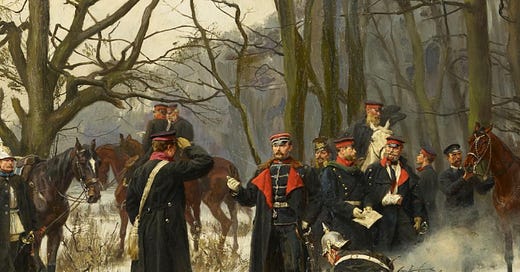

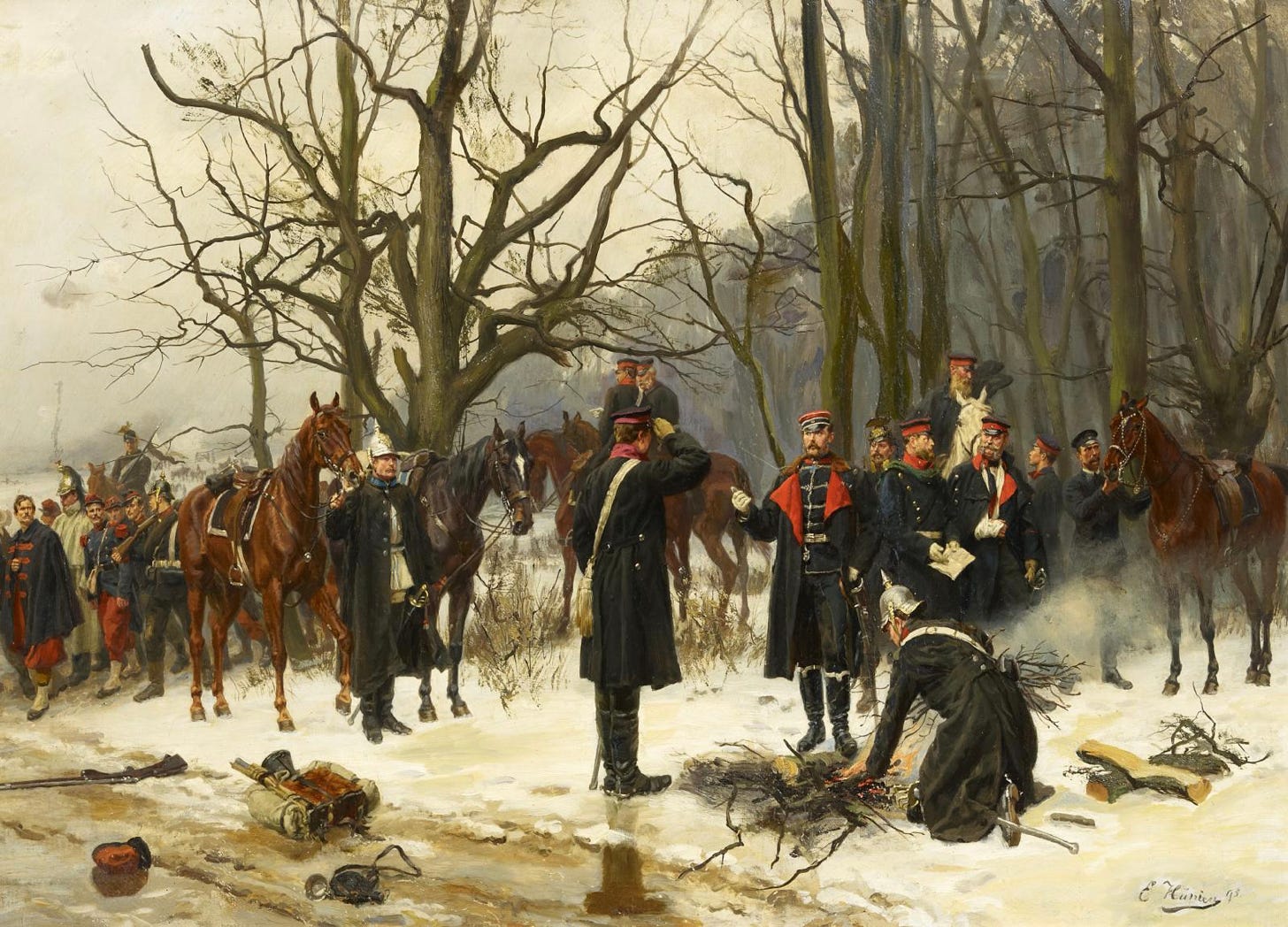
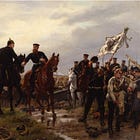
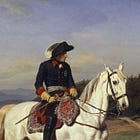
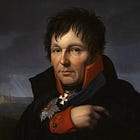


To think independently and yet accept responsibility. Genius.
Yes just do it and don’t ask permission.